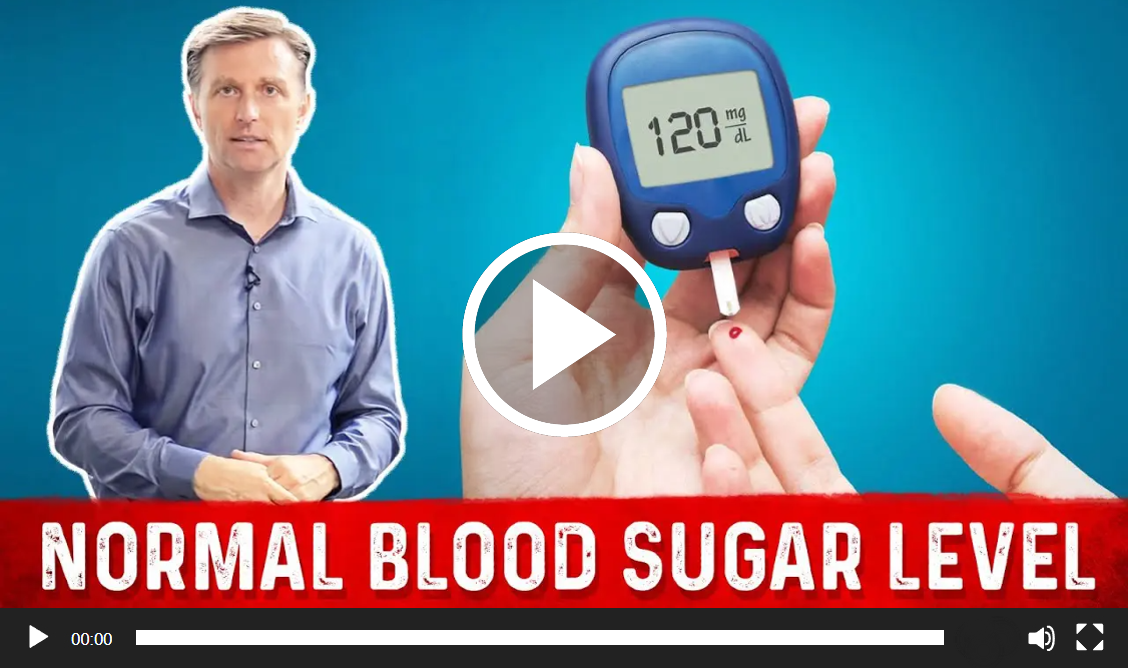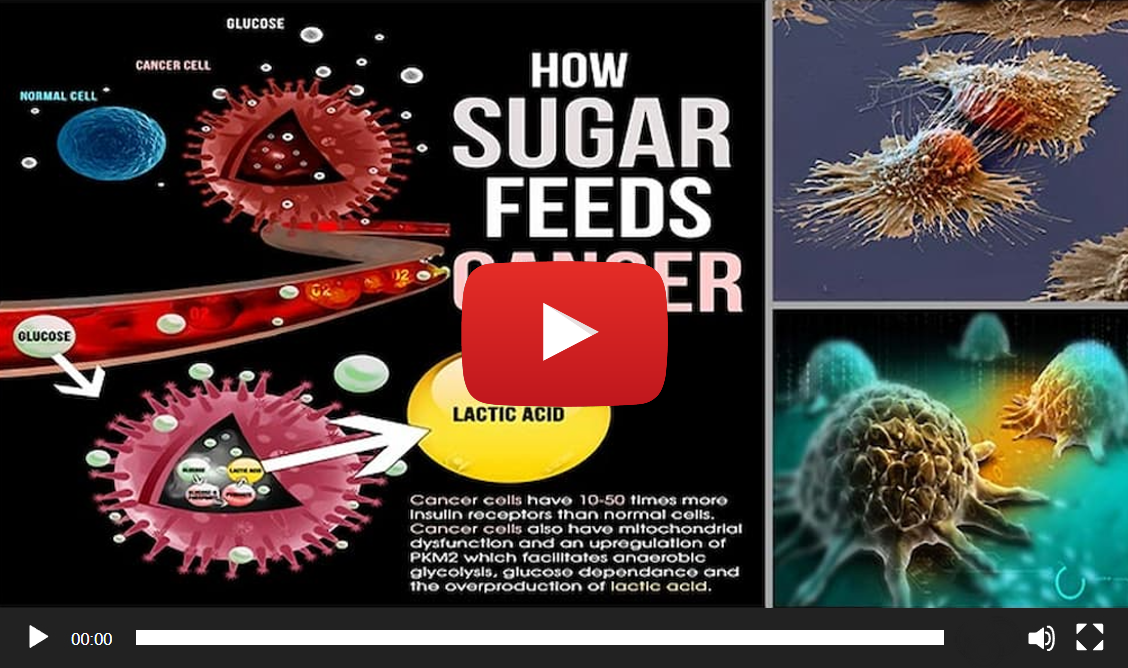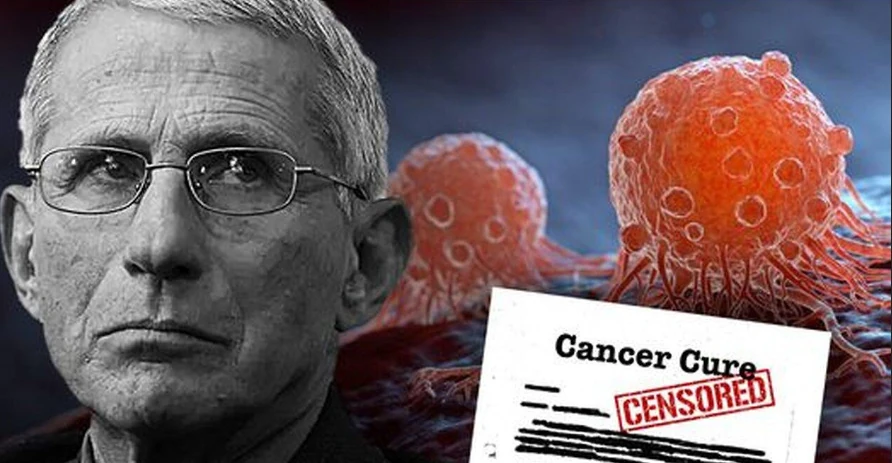Tumors, those silent guardians nestled within the human body, harbor a truth so stark, yet systematically obscured by a medical establishment hell-bent on profit. To the unsuspecting patient, a diagnosis of cancer is a death knell—a battle cry unwittingly leading them into the very jaws of an industry that thrives not on cures, but on prolonging disease.
Why, you might ask, would the medical community insist on “testing” tumors, on puncturing these natural defenses our bodies have meticulously constructed? The answer is as simple as it is sinister: money. Once that tumor is breached, the contained cells—like Pandora’s box unleashed—spread with a voraciousness that is as calculated as it is catastrophic.
Equally pernicious is the role of blood sugar in the cancer saga. Elevated blood sugar levels create an optimal environment for cancer cells to flourish and proliferate. Like fuel to fire, sugar feeds these malignant cells, allowing them to thrive and expand. The link between high blood sugar and the enhancement of cancerous activity is well-documented, yet criminally underplayed by mainstream medicine.
It’s about maintaining a stable, healthy blood sugar level that doesn’t give cancer a foothold. This necessitates a disciplined avoidance of all sugars, recognizing that this simple step could starve cancer out of existence.

The truth is cancer is not the rampant, uncontrollable beast we are led to believe it is by those who profit from our pain. It is a parasite—nothing more, nothing less. And like any parasite, it can be eradicated with the right treatments, treatments that are natural, inexpensive, and ruthlessly suppressed by the powers that be.
Consider the case of Ivermectin and Fenbendazole, two potent anti-parasitic agents that the pharmaceutical industry would rather you not know about. Why? Because treating cancer effectively and cheaply does not fill the coffers of those who grow rich on chemotherapy and radiation—treatments that devastate the body, decimate the immune system, and deliver death sentences more often than cures.
And then there’s sugar—the fuel on which cancer cells thrive. Stop feeding the beast, and it starves. It’s a simple equation, one that doesn’t require a prescription or a physician’s nod of approval. Yet, this simple, powerful truth is buried under a mountain of misinformation and medical doublespeak.
Hydrogen peroxide, a substance as humble as it is effective, presents another thread in the tapestry of true healing. Its application delivers a rush of oxygen—cancer’s most feared enemy—directly to the afflicted cells. Why then is something so readily available not part of the standard cancer treatment protocol? Because a patient cured is a customer lost.
The power of an alkaline environment is yet another secret swept under the rug of conventional cancer treatment. Alkaline water, especially when enhanced with lemon, transforms your body into a fortress impenetrable to cancer’s insidious advances. But of course, promoting such a readily accessible remedy does little to advance the agenda of an industry built on disease, not wellness.

Detox baths—another simple yet profoundly effective method to purge the body of both cancer and the myriad toxins we are bombarded with daily—are ridiculed as pseudo-science. But how can the systematic removal of toxins, including the ominous nano-particulates that invade our bodies, be considered anything but essential?
And let’s not forget about Vitamin B17, a natural substance found in the very seeds of the fruits we eat. Hidden from public knowledge, maligned by those threatened by its efficacy, B17 is the epitome of forbidden cures. Available only to those who dare to look beyond the mainstream narrative, it represents a key to liberation from cancer’s clutches.
The narrative woven by Big Pharma is one of fear, dependency, and helplessness. Before this behemoth seized control, cancer treatments were straightforward and devoid of the debilitating side effects that today’s treatments so often entail. Peroxide, simple and effective, once stood as a testament to a time when treatments were administered to cure, not to create lifelong patients.
We stand at a crossroads where the truth is within our grasp, yet continuously obscured by those who fear it most. The battle against cancer is not just against the disease itself but against the very institutions that claim to fight it. We are told to trust blindly, to follow protocols that lead to more suffering, to ignore the whispers of truth that speak of simple, natural cures.
As the truth seeps out, like light through the cracks of a well-fortified lie, it beckons us to challenge the status quo, to question the motives of those who guide our health decisions. The real disease here is not cancer—it’s greed. And it’s high time for a cure.




